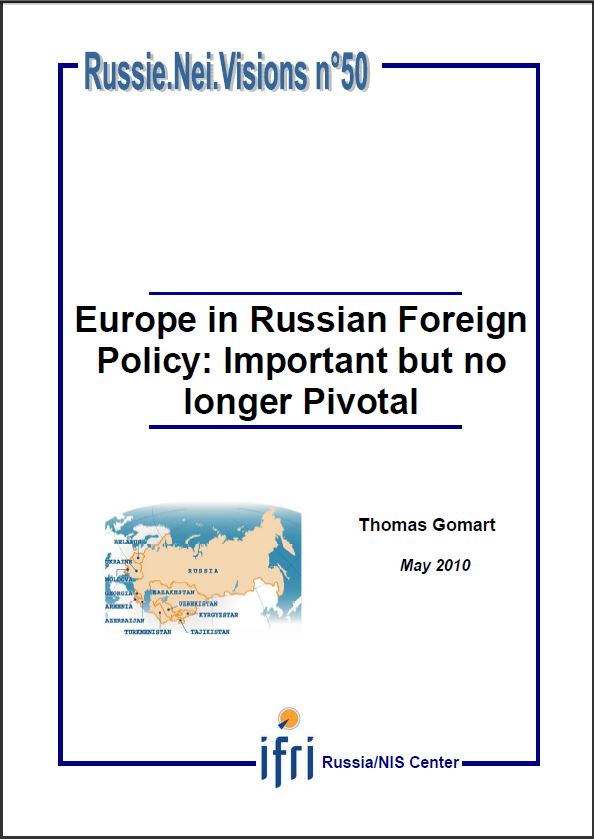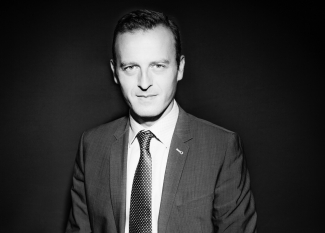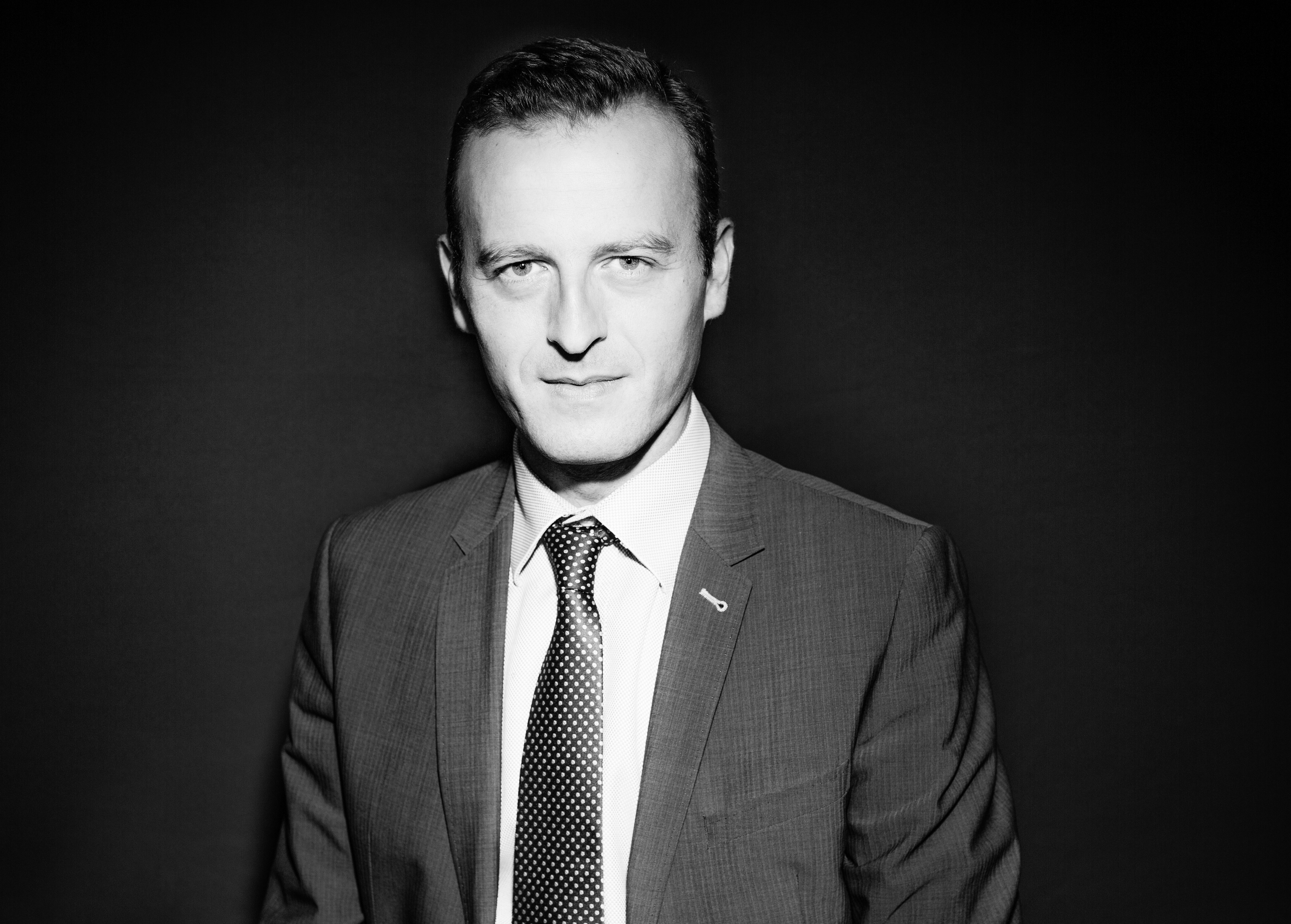Europe in Russian Foreign Policy: Important but no Longer Pivotal

It is now necessary to ask ourselves what place Europe holds in Russian foreign policy, given the recent developments in the latter. Indeed, Europe is by far Russia's most important partner. Nevertheless, Russia is developing a discourse of emerging state, in order to highlight the rapid loss of influence of Europeans in global affairs.
Europe is still necessary in Moscow's eyes, but is no longer sufficient on its own. Russia is anticipating Europe's marginalization, all the while knowing that its own level of marginalization will depend upon the relationship that it forges with it. It is necessary to examine how Europe has passed from being a model for Russia's development to a political competitor. It is also important to locate Europe within Russia's different foreign policy options, in order to appreciate its relative importance. This will allow us to understand the way in which Europe fits into Russia's power project, which increasing aims to have a global reach.
Download the full analysis
This page contains only a summary of our work. If you would like to have access to all the information from our research on the subject, you can download the full version in PDF format.
Europe in Russian Foreign Policy: Important but no Longer Pivotal
Related centers and programs
Discover our other research centers and programsFind out more
Discover all our analysesThe Caspian Sea as an Emerging Energy Hub : Potentials and Limitations
This report analyzes the prospects of the Caspian Sea region — and its key actors except for Russia and Iran — becoming an important energy hub serving the needs of the European Union (EU).
The European Union's Strategic Test in Georgia
The political crisis brewing in Georgia is of an existential nature for the country. What is at stake is Georgia's future as a democratic and sovereign European nation (EU).
Commanders of Putin's Long War: Purged, Reshuffled and Disgruntled
The trend of reshuffling the Russian top military command in the course of a fast-evolving and far from successful war has progressed unevenly both across the Armed Forces’ structures and in time. The rationale for and timing of the abrupt cadre decisions made by Commander-in-Chief Putin often defy logical explanation, and the rare official clarifications are no more informative than the usual information blackout.
Russian Military Manpower After Two and a Half Years of War in Ukraine
In addition to a military victory in Ukraine, the Russian leadership is planning to build up sizable troop formations for a possible conflict with NATO in the Baltic region and the Kola Peninsula. In particular, current plans aim for the military manpower to grow by about 350,000, reaching a total of 1.5 million soldiers and commanders. In the context of the current conflict in Ukraine, this cannot be accomplished without a new wave of mass mobilization.











